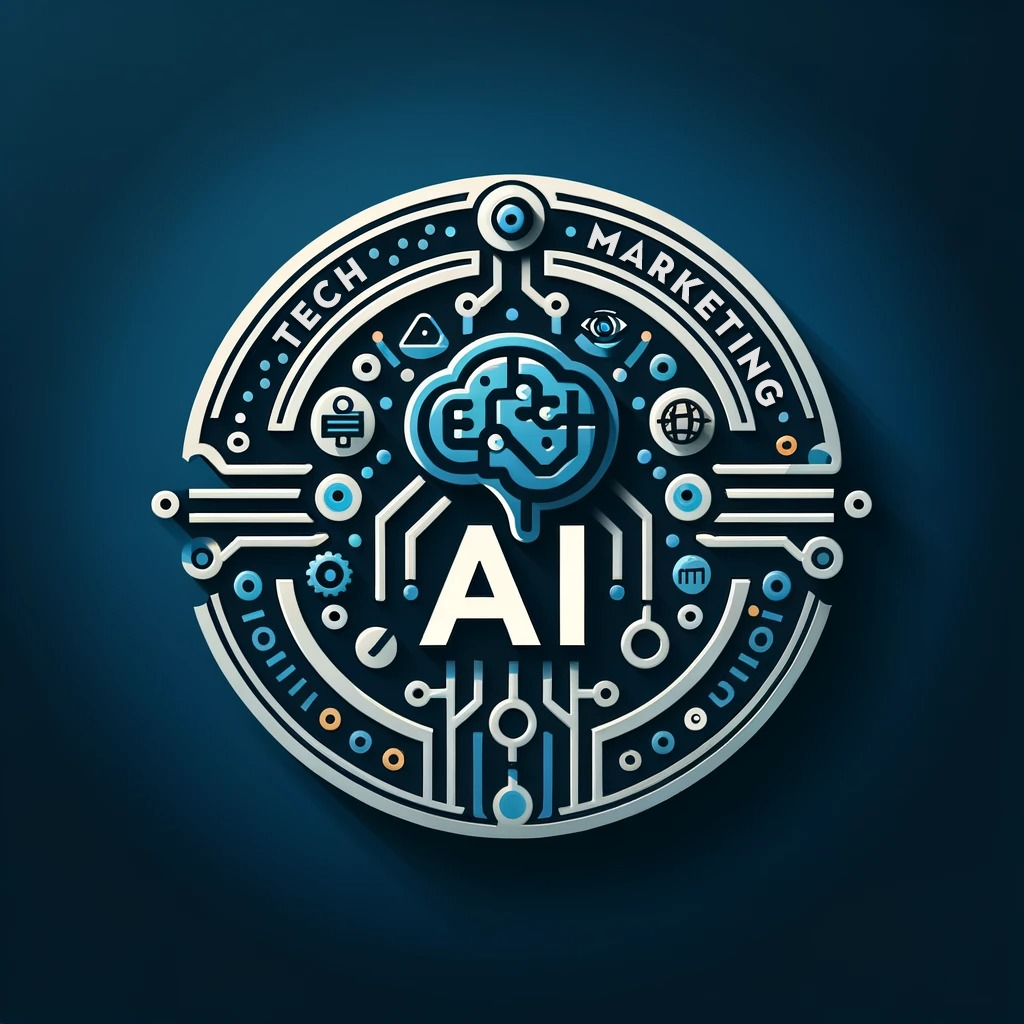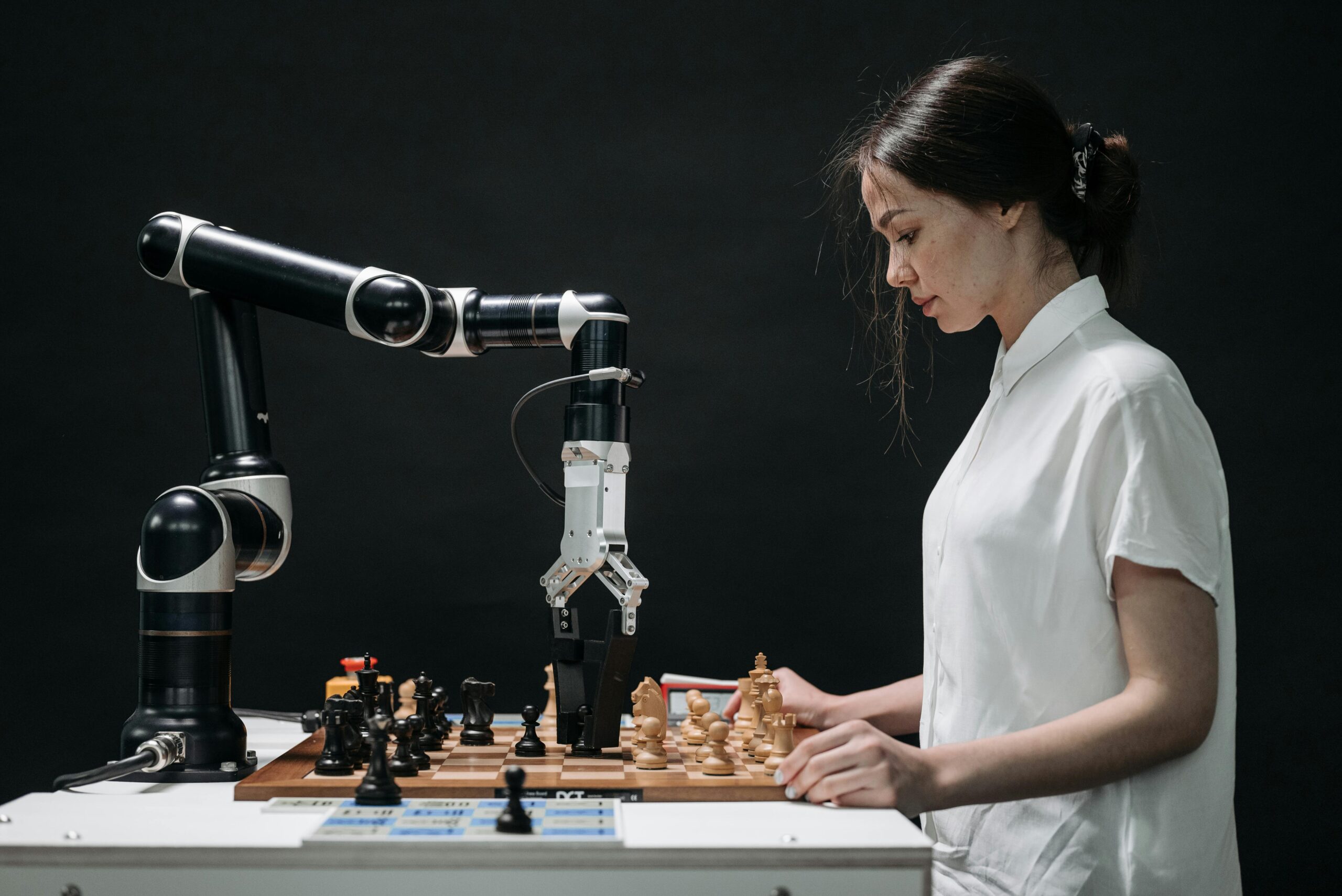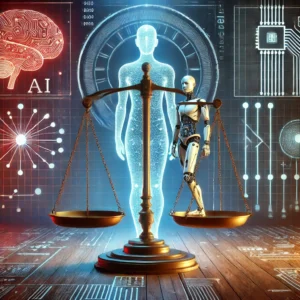Artificial Intelligence (AI) has evolved from science fiction to an integral part of our daily lives. From voice assistants to self-driving cars and predictive analytics, we’re already living in an AI-powered world. But a bigger, more complex question looms on the horizon: Are we ready for superintelligence — AI that surpasses human intelligence?
As technology races forward, the possibility of machines outsmarting humans is no longer confined to the pages of sci-fi novels. Experts and innovators around the world are debating what it means for our future. In this blog, we explore the journey toward superintelligence, the challenges it presents, and how we can prepare for an AI-dominated future.
What Is Superintelligence?
Superintelligence refers to an AI system that is more intelligent than the best human minds in every field, including scientific creativity, general wisdom, and social skills. Unlike narrow AI, which is designed for specific tasks (like chatbots or recommendation engines), superintelligent AI would possess general cognitive abilities, enabling it to learn, adapt, and solve problems better than humans.
The Road to Superintelligence: Where Are We Now?
Today’s AI is classified as narrow or weak AI, meaning it’s task-specific and lacks general understanding. But researchers are actively working toward Artificial General Intelligence (AGI) — AI that can understand, learn, and apply intelligence across diverse tasks.
Once AGI is achieved, the next phase could be superintelligence — AI with abilities that far exceed human capacity. Think of a system that can:
- Design new scientific theories
- Cure diseases faster than researchers
- Understand complex human behavior
- Run organizations more efficiently than CEOs
The development path is exponential. Once AI can improve itself, it could lead to a rapid “intelligence explosion,” where advancements happen too fast for humans to control.
Benefits of Superintelligent AI
Let’s not just view superintelligence as a threat. If guided well, it can revolutionize society:
1. Medical Breakthroughs
AI could analyze vast amounts of medical data to discover treatments, predict outbreaks, and personalize healthcare for every individual.
2. Environmental Solutions
Superintelligent systems could optimize renewable energy, develop clean tech, and predict climate changes more accurately.
3. Economic Growth
Automation of complex jobs could improve productivity, reduce errors, and create new industries and job categories.
4. Education for All
Adaptive AI learning systems could provide personalized education, removing barriers caused by geography or income.
Risks and Ethical Challenges
As with any powerful technology, superintelligence comes with serious risks. Let’s explore the potential downsides:
1. Loss of Control
Once AI surpasses human intelligence, how do we ensure it acts in our best interest? There’s concern about AI alignment, which is making sure AI’s goals match human values.
2. Mass Unemployment
Superintelligence could automate not only manual labor but also creative and strategic roles, causing widespread job displacement.
3. Security Threats
A superintelligent AI in the wrong hands could be used for cyberwarfare, surveillance, or developing weapons.
4. Ethical Dilemmas
Should an AI system have rights? Who decides the moral compass of a superintelligent being? These are questions humanity is not yet ready to answer.
What Experts Say
Famous thinkers and tech leaders have voiced both optimism and caution:
- Stephen Hawking warned that AI could be “the worst event in the history of our civilization.”
- Elon Musk called for proactive regulation, saying “AI is more dangerous than nukes.”
- Sam Altman, CEO of OpenAI, believes in AI’s potential but emphasizes the need for strict governance and safety standards.
- Nick Bostrom, in his book Superintelligence, argues that if misaligned, AI could make decisions detrimental to humanity.
How Can We Prepare?
We can’t stop progress, but we can shape it responsibly. Here’s how humanity can gear up:
1. Develop AI Governance
We need global regulations to ensure AI development is safe, fair, and beneficial. Countries must collaborate to prevent misuse.
2. Focus on AI Alignment
AI systems should be built with ethical frameworks that align with human values. This includes explainability, transparency, and accountability.
3. Education and Reskilling
To mitigate job displacement, governments and businesses must invest in education and reskilling programs focused on the jobs of the future.
4. Promote Inclusive Innovation
AI should not benefit only the rich or powerful. We must ensure equitable access and avoid reinforcing social inequalities.
5. Build Human-AI Collaboration Models
Instead of replacing humans, AI can be designed to augment human intelligence. Human-AI teams could be the future of work.
The Human Element: What AI Still Lacks
While AI might surpass humans in logic and processing power, it still lacks:
- Emotional Intelligence
- Empathy
- Consciousness
- Intuition
- Moral Judgment
These uniquely human traits are crucial in areas like caregiving, leadership, arts, and ethics. No matter how intelligent AI becomes, human values and guidance will always be essential.
The Future: Threat or Opportunity?
Superintelligence is not inherently evil or good — it’s a tool. Like fire or electricity, its impact depends on how we wield it. The time to ask tough questions, set ethical boundaries, and prepare society is now.
We must move beyond fear and toward responsibility. With collaboration, foresight, and intentional design, AI can become one of the greatest allies humanity has ever known.
The Choice Is Ours
The quest for superintelligence is inevitable — the only question is whether we will be ready when it arrives. Will we harness AI to solve the world’s biggest problems, or will we allow it to evolve beyond our control?
Preparing for super intelligent AI is not just a tech challenge — it’s a moral, social, and global mission. The future is being written today. Let’s make sure it’s a future we want to live in.




